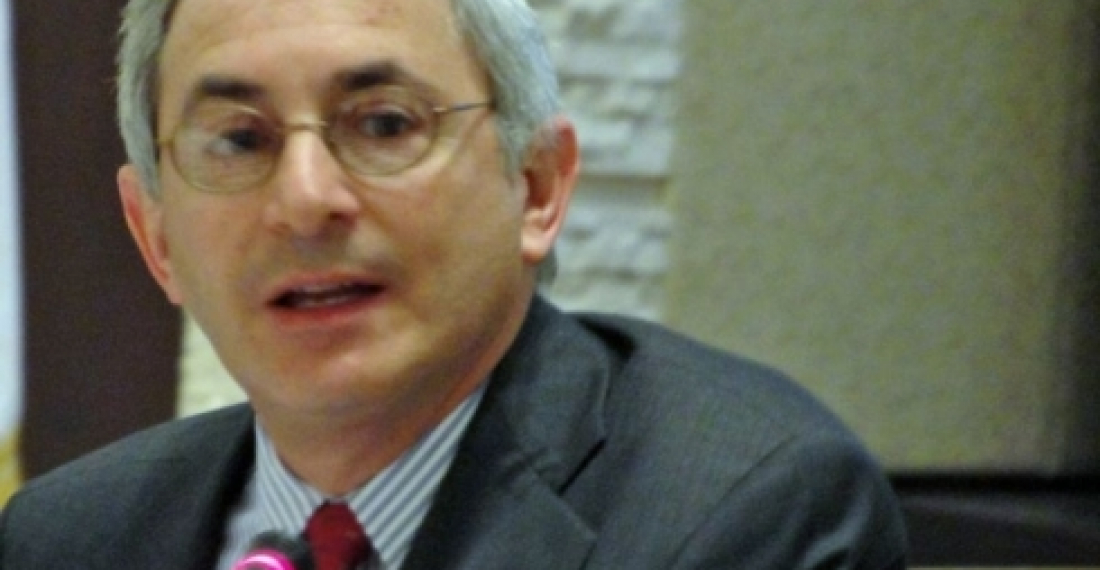The cornerstone of electoral process is the people's right to elect their leaders and it must be ensured by the legislation, First Deputy Director of the OSCE Office for Democratic Institutions and Human Rights (ODIHR) Douglas Wake said at the conference "Eastern Partnership: National and European Dynamics" in Yerevan on Nov 11.
Nevertheless, Wake said, it does not seem to us that legislation should be amended on the threshold of elections. It is not a prior task. It is necessary to work on the legislation in advance. The
authorities must demonstrate political will to conduct elections in line with the effective legislation. In addition, it is necessary to actively involve the civil society into the process to make electoral
processes transparent, he said.
Douglas Wake came out for creation of relevant atmosphere for election campaigns and free operation of Mass Media. Wake highlighted the role of international organizations in the monitoring of elections and said that the key factor influence the election result is the political will.







